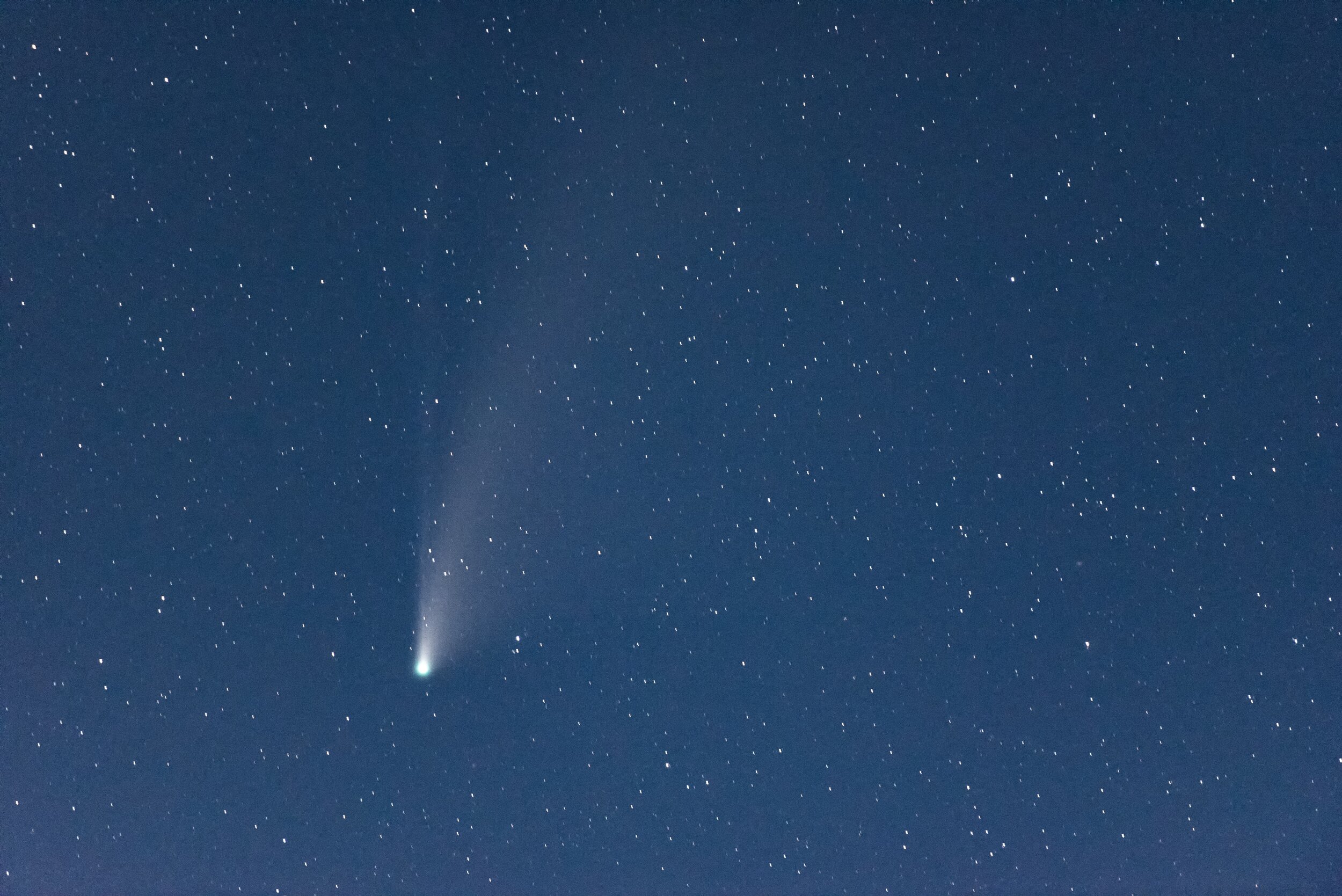
A Story of the Planet Venus
Looking For The Planet Venus Prior to 1200 BC
by John M. Collins Sarnia, Ont., Canada 2021
Effects on Mars
While this book is focused on the planet Venus and its earlier comet form, the much smaller planet Mars did become involved. Prior to its 1184 BCE encounter with the Venus Comet (Greek War Goddess "Athena"), the planet Mars (known as the god Ares to the Greeks) seems not to have had much standing in the mythology of all countries.
- The author believes that Mars had an orbit known to the early astronomers, though very likely not the one it has now. It was deemed as a minor or otherwise insignificant object in the sky, and frequently given a demeaning description. ie. "(He) Rides around in a goat cart" in the Netherlands story. In "discussions between gods" prior to 1184 BCE as discussed in a number of Middle East mythologies, Mars is told by other major gods, that it is incapable of fighting the Venus Comet. The reader is directed to Appendix 2 - Serpent & Dragon Lore where over 25 of the mythologies point out that Mars was considered weak and of no conse-quence ... before it attacked the Venus Comet. Nothing has been found indicating that its actions made it feared, until after it defeated the Venus Comet.
- All cultures except the Greeks and Israelites credited the planet/god Mars (by various names) with throwing his spear (the Thunder Bolt) into the Venus Comet, and thereby stopping the Earth-damaging career of the Comet. Mars became an "instant hero" and was worshipped by most people, once the result was recognised. Prior to that event, most of them had worshipped or tried to placate the Venus Comet, known by various names. Later the Greeks made Ares their God of War ... but only when fighting Earthly opponents. The Israelites did not consider that anything in the sky was their God.
- The Canaanite god "Ba'al", mentioned in the Bible as opposing the Israelites, is identified both before and after the 1184 BCE date. In the Book of Judges, Ch. 2: v.2, the Hebrews were pulling down the altars of "Ba'al and Ashtaroth". In v.13, mention is made that some Israelites were worshipping those gods. For the Canaanites, the name of the Comet was Ashtaroth, and its attribute or title was Ba'al. That title came from "ba" meaning "dominant", "overwhelming", "strong", plus "al" or "el" meaning "god" (ie. chief god). It was also named as Ishtar in some other mid-East cultures. When mentioning foreign gods, the Bible generally uses their title to describe them. It avoids using a proper name that would remind people of that “false god”. The author dates those verses in Judges to the earliest dates of the Israelite invasion of Canaan, about 1400-1350 BCE.
- At that time, the planet Mars is never mentioned as a god by most cultures. It had no “standing”. The author believes that the main sky-thing that was worshipped, would have been the Venus Comet.
- After 1184 BCE, the Comet was no longer considered to be a menace. It retained its name of Ashtaroth and is thought to have likely circled amongst the inner planets without causing problems or much fear. About 800 BCE it is thought to have lost much of it’s comet tail to Jupiter. (See Appendix 1 - Dates of Events & Appendix 2 - Serpent and Dragon Lore - Classical History - Greek/Achaean)
- It's attribute Ba'al became applied to the planet Mars by the neighbours of Israel, which suggests a change as to which god was worshipped. Later, the Israelites were continuously striving to keep their people worshipping Yahweh. The red planet Mars seems to have lost it's Ba'al recognition. The Israelites labeled it as Hadad Rimmon, "noisy pomegranate". It was a real down-grading meant to insult a foreign god!
-Today we examine the actual planet Mars up close. We are struck by its desolation. Some articles state that at one time it had an atmosphere and moisture and likely plant life. Most writers attribute the change to “a gradual warming of its climate”. This author suggests that Mars had further encounters with the Venus Comet in the years following 1184 BCE in the period 800 - 700 BCE in which it acquired some of the Comet tail. These events would have devastated the surface of Mars, but not damaged the Earth. The last recognised sky event was Mars with the Earth in 687 BCE. It caused the destruction of the Assyrian army that was threatening Jerusalem, and altered the orbit of the Earth and its calendar to the present one.